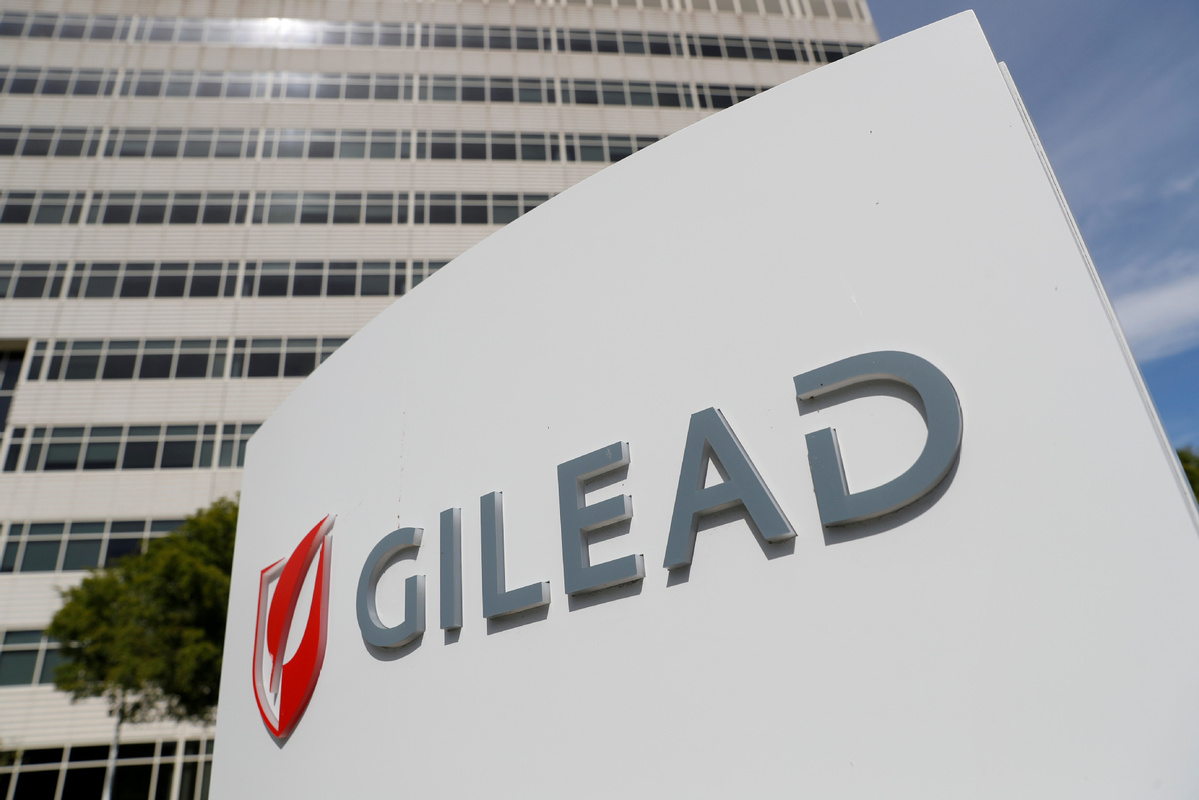US drug cleared for trials in Wuhan


The speedy clearance for clinical trials of remdesivir, an experimental antiviral drug developed by US biotech firm Gilead Sciences, on patients with the novel coronavirus infection reflects China's further progress in drug regulation reforms, industry experts said.
They added that the epidemic will not hamper prospects of the domestic pharmaceutical industry in the long term despite short-term fluctuations in share prices.
The China-Japan Friendship Hospital in Beijing said it began testing remdesivir from Monday in Wuhan, capital of Hubei province. The tests will continue till April 27.
Cao Bin, deputy president of the China-Japan Friendship Hospital, is the principal investigator of the phase-3 study, which will evaluate the efficacy and safety of remdesivir in hospitalized adult patients with mild and moderate novel coronavirus infection, according to Clinical-Trials.gov, the world's largest clinical trials database.
Remdesivir is not yet licensed or approved anywhere globally and has not been demonstrated to be safe or effective for any use, although the drug was used in emergency on a 35-year-old male patient affected by the virus in the United States.
The patient had improved clinical conditions the day following the use of the drug, according to a recent article published in the New England Journal of Medicine.
In a statement released prior to the hospital's announcement, the US company said it was working closely with global health authorities to respond to the virus outbreak through the appropriate experimental use of remdesivir, including collaboration with health authorities in China, to establish a randomized, controlled trial to determine whether remdesivir can be safely and effectively used to treat the novel coronaviral infections.
While there are no antiviral data for remdesivir that show activity against the new coronavirus infection, the drug has demonstrated activity in animals with Severe Acute Respiratory Syndrome and Middle East Respiratory Syndrome, which are caused by coronaviruses that are structurally similar to the new virus, according to the statement.
However, the company also said there are limited clinical data available from the emergency use of remdesivir in the treatment of patients with Ebola virus infection, which is also closely related with the new virus.
Shi Lichen, founder of medical consulting company Beijing Dingchen Consultancy, said the fast approval for clinical trials is partly due to Chinese authorities' accelerated processing of new drug and clinical trial applications, thanks to the drug regulation reforms starting from 2015.
Xiao Lu, chief expert of the Science and Technology Development Center of the Chinese Pharmaceutical Association, said: "When there is such a public health emergency with limited options of effective drugs, it is lawful for the health regulators to adopt priority review on related new drugs.
"It is even possible to give conditional market approval to drugs with clinical trials data showing their efficacy and indicating potency for clinical use, when they are urgently needed for public health," he said.
However, the faster review and approval process will in no way compromise on the criteria and requirements for drug safety and efficacy, Xiao said.
Apart from research on new drugs, researchers are also searching for treatment options with approved drugs, including traditional Chinese medicines, and drugs for flu and HIV. China has world-leading capabilities in anti-virus research, from experiences accumulated during the SARS, MERS and Ebola outbreaks, according to Xiao.
Both experts said the virus outbreak will not disrupt Chinese pharmaceutical industry's long-term healthy development, despite the recent stock market fluctuations.
"Antiviral drugs are usually not in the limelight like treatments for cancer, cardiovascular and other chronic diseases, which account for most of the human health issues," Xiao said.
"Although the antiviral drug sector is under intense attention these days, the structure and development of the pharmaceutical sector will not change in the long term and continue to be determined by demand."




































